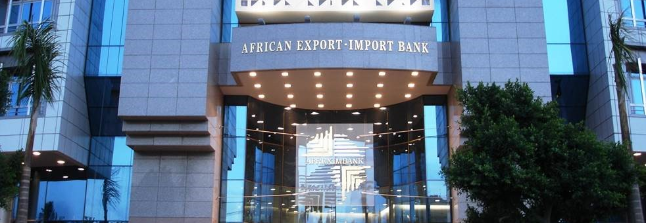The Nigerian Content Development and Monitoring Board (NCDMB) on Monday disclosed that the African Export-Import Bank (Afreximbank) had invested more than $42 billion in support of African businesses between 2016 and 2020.
President of Afreximbank, Professor Benedict Oramah, stated that the continental multilateral institution was presently the largest lender to the multi-million dollar 650,000 barrels per day Dangote Refinery currently under construction at the Lekki Free Trade Zone, Lagos.
They spoke at a forum with the theme, “Evolving a Pan-African Strategy Towards Sustainable Funding of Africa Oil and Gas Projects,” targeted at oil and gas practitioners especially member nations of the African Petroleum Producers Organisation (APPO).
Speaking yesterday at the maiden edition of the African Local Content Investment Forum (ALCIF) in Lagos, Executive Secretary of NCDMB, Mr. Simbi Wabote, described Afreximbank as one bright spot in the continent mandated to finance and promote intra and extra-African trade.
Wabote recalled that Afreximbank signed a $1.04 billion facility with the Nigerian National Petroleum Company (NNPC) Limited to finance the exploration of petroleum during the second intra-Africa trade fair which held in Durban, South Africa, few days after the completion of Climate Change Conference (COP-26) in Glasgow, Scotland.
He said, “In respect of African institutions, one bright spot is the African Export-Import Bank (Afrexim Bank), a pan-African multilateral financial institution mandated to finance and promote intra-and extra-African trade based in Cairo, Egypt.
“It is very instructive that Afreximbank signed a $1.04 billion facility with the NNPC Limited to finance the exploration of petroleum during the second intra-Africa trade fair which held in Durban, South Africa, few days after the completion of COP-26 event in Glasgow.
“For a bank that disbursed more than $42 billion between 2016 and 2020 in support of African enterprises, there is no doubt that Afreximbank is an institution of note in consideration of the quest for funding hydrocarbon development projects in Africa.”
The executive secretary said African Development Bank (AfDB) made similar financial support to African businesses in line with the bank’s objective to spur sustainable economic development and social progress in member countries thus contributing to poverty reduction.
According to Wabote, AfDB has the African Development Fund (ADF), which became operational in 1974 and has cumulatively invested $45 billion over its 44 years of operation on the African continent.
Noting that the fund had not been used much in the hydrocarbon sector, he said there was opportunity to engage AfDB to utilise part of the fund for gas development, which could be of interest to its largely Western donor countries against the backdrop of disruption in gas supplies in Europe.












